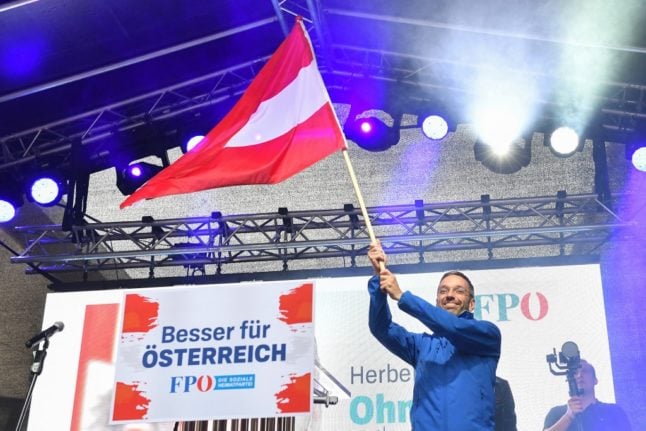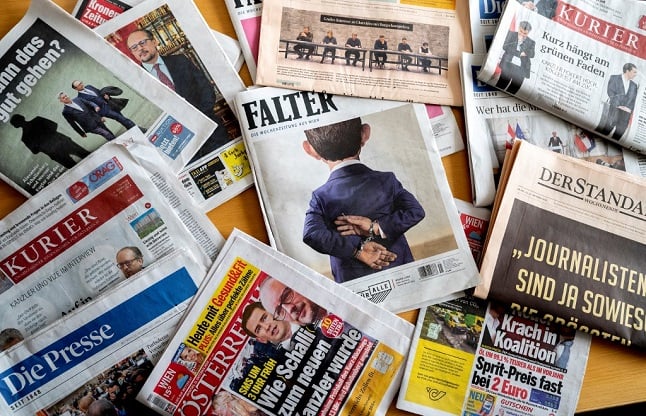We may hear less about the FPÖ’s ties to Moscow than we used to. But according to Peter Gridling, who headed up Austria’s BVT intelligence service from 2008 to 2020, that’s just because sanctions and Russia’s war in Ukraine have forced FPÖ politicians to be more discreet.
Gridling says there are very real risks to Austria if the Freedom Party gets into government after next year’s elections, given that it hasn’t severed its ties to Putin’s regime.
“We need to be very vigilant about who is in charge of which ministries. Wherever we have the Freedom Party in government, we need to look at their intentions and activity,” Gridling told the Financial Times newspaper in an interview.
Gridling’s public intervention is unprecedented in Austrian history, and comes amongst the lead the Freedom Party currently has in Austrian polls.
NATIONALRATSWAHL | Sonntagsfrage INSA/eXXpress
FPÖ: 29% (-1)
ÖVP: 23% (-1)
SPÖ: 22%
GRÜNE: 10%
NEOS: 10% (+2)
Sonstige: 6%Änderungen zur letzten Umfrage vom 05. August 2023
Verlauf: https://t.co/roFKebZlfU#nrw #NRWahl pic.twitter.com/S5caoBtjYZ
— Österreich Wählt (@Wahlen_AT) September 9, 2023
Such numbers make governing without the Freedom Party a potentially difficult – although not impossible – outcome of the 2024 national elections.
The FPÖ last entered government with former Chancellor Sebastian Kurz from 2017 to 2019, and held the defence, interior, and foreign ministries.
During that time, Gridling says he refused to give certain information to FPÖ officials, which would have put some sources at risk. Meddling from the party also resulted in Austria being cut off from several European intelligence-sharing networks.
The intelligence service even investigated the Freedom Party at the time, which took jobs and funding from Russian state sources, and hosted roundtable talks to spread Russian propaganda.
Gridling says Vienna remains a spying playground – with a huge number of undercover operatives in the city.
READ ALSO: ‘A spy paradise’: Austria confirmed as a location for global espionage



 Please whitelist us to continue reading.
Please whitelist us to continue reading.
Member comments